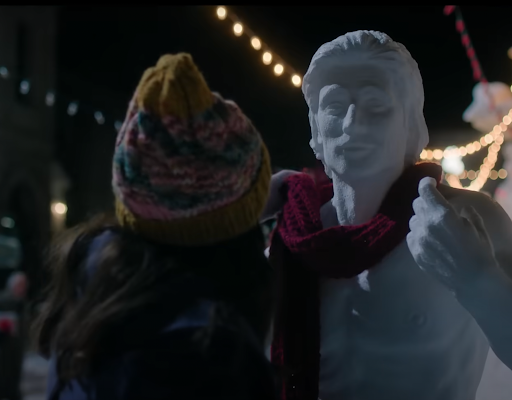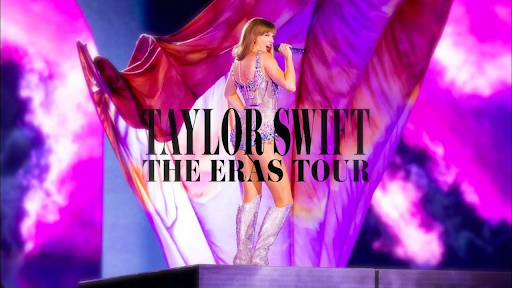Before he was Barack, he was just “Barry.” Director Vikram Gandhi presents a prologue to the now former President Barack Obama, which speaks less about Obama as a person but more as a vessel for discussing issues of race and identity.
“Barry” has a few shining moments, but it gets clouded with a narrative clout that leaves viewers with mere thoughts about heavy topics rather than gaining any insight on them. However, certain scenes, such as PJ (Jason Mitchell) giving Barry (Devon Terrell) a tour of the projects, rise to the occasion with nuance and depth. When Barry leaves the projects saying, “This ain’t my scene,” it means so much more than him simply not fitting in at a party.
Terrell’s performance as Barry is heartwarming, but the character of Barry is written in such a way that he almost loses his humanity and his relatability. He barely has any flaws in the film besides being angsty and smoking cigarettes. Every supporting character has heart-filled performances, but also lack depth and development. Though they provide different perspectives outside of Barry’s own mind they fade into the background as they move along with him. Charlotte (Anya Taylor-Joy) is a liberal, white girl who constantly tries to connect with him but never succeeds, while Will (Ellar Coltrane) and Saleem (Avi Nash) show two different sides of how idealistic, youthful people navigate through friendships and life. None of these supporting characters are well-defined, which is at no fault of the performances.
The problem with “Barry” is that you never forget that this is a movie about President Barack Obama. Gandhi tries to ground Obama as “just another guy,” who may do something great, but there is no way to watch the film without thinking that this man will one day become president. There is no way to forget how the story ends, even if you are just watching a young, college student named Barry on-screen.







